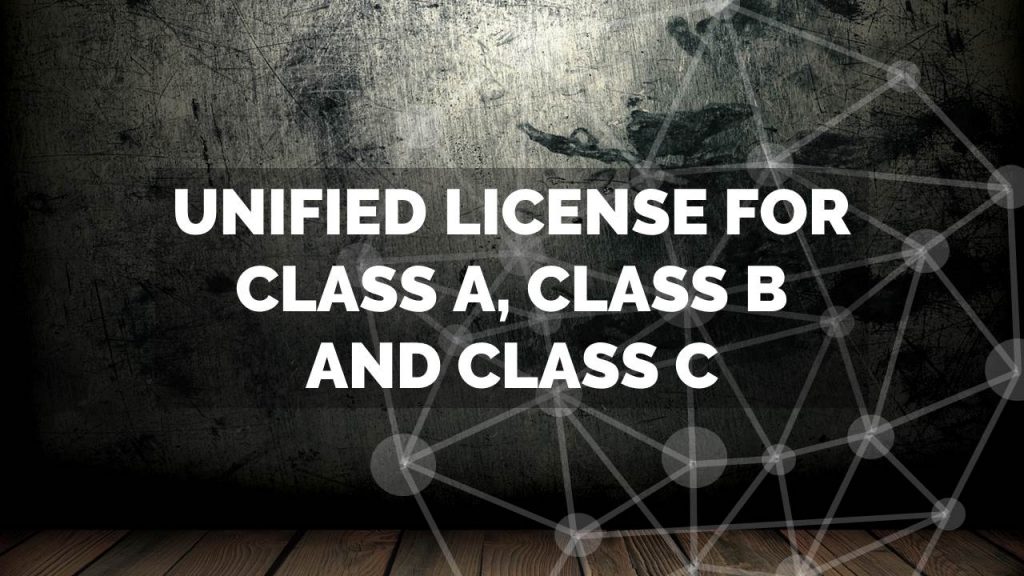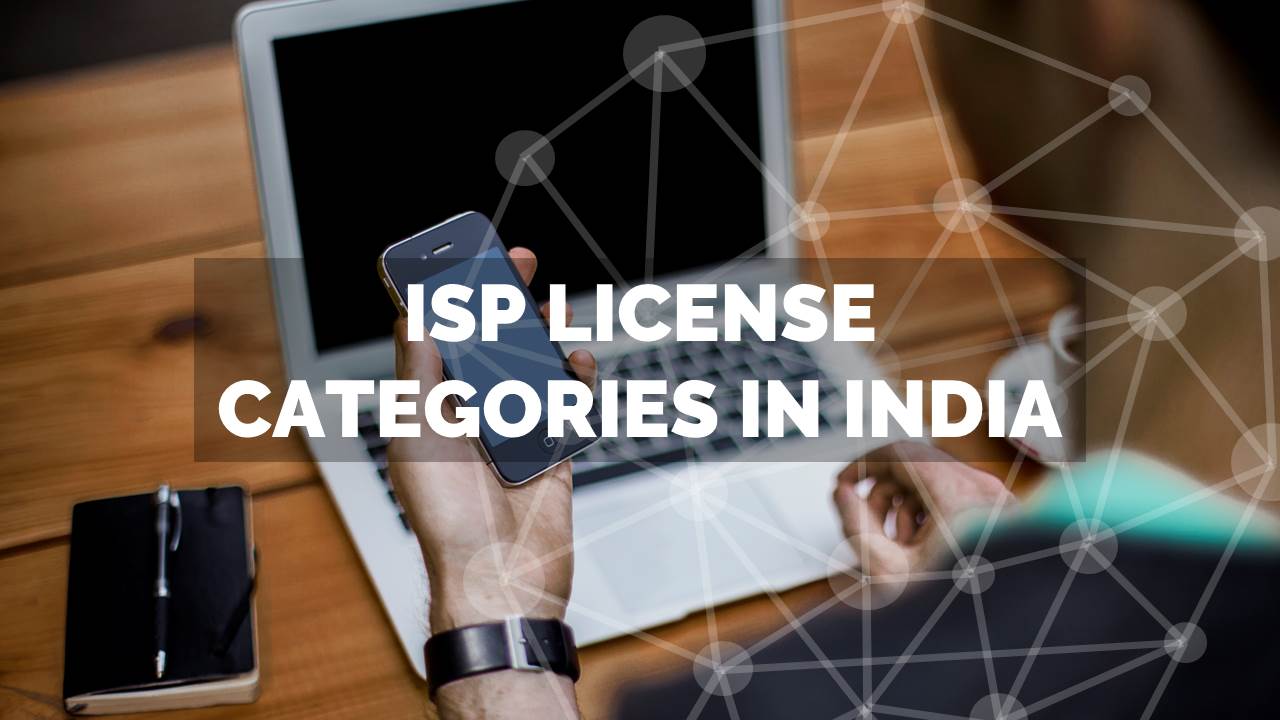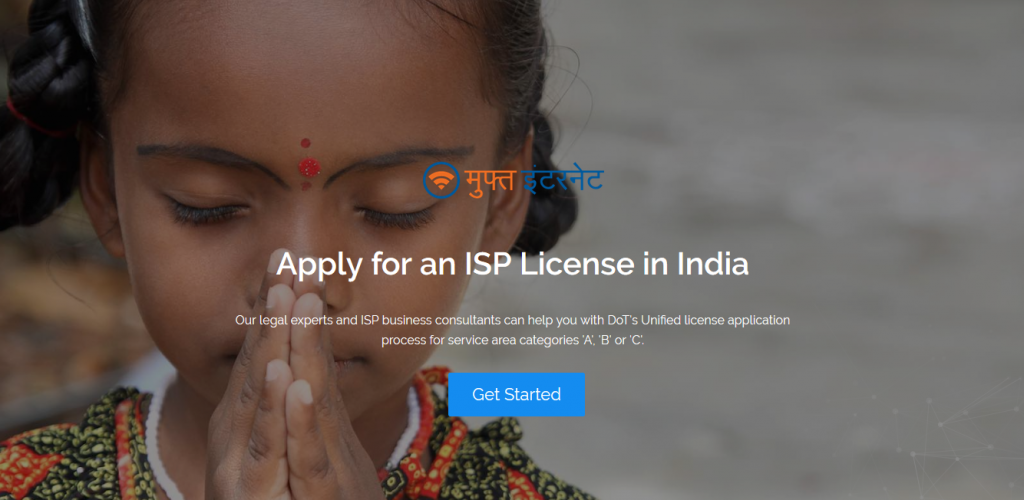In this article we provide information on types of ISP License categories in India
The Government of India has come up with one license for all telecom related services, known as a Unified License. Under unified license, the license holder can apply for authorization of different services & service areas. To become an ISP, one must acquire a Unified License under which he will obtain Authorization for providing ISP services. Hence, it must be understood that there is no “ISP License” as such. Instead, one must obtain ISP Authorization under the Unified License.
One company can hold only one Unified License, but can apply for authorization of multiple services and/or service areas. However, the tenure of such authorizations will run concurrently with the tenure of the Unified License, which means that all authorizations will be valid only till the validity of the unified license.
In India, there are 3 categories of ISP license authorizations under the Unified License to become an internet service provider, depending upon scale or the City/State/Town/District/Village you want to start your ISP business in.
The 3 categories are differentiated by the scale of the territory/coverage area of the ISP license i.e. whether the License is for (i) national area, (ii) major states / metro cities or (iii) other smaller cities, towns, villages and districts.

The 3 ISP License Categories in India are:
- Class A (National Area) – This license is for Pan India operations.
To see a list of all Nation Area license holders in India, click here.
- Class B (Telecom Circle/Metro Area) – Class B license is issued for a total of 20 major states or any of the following Metro Cities – Mumbai, New Delhi, Kolkata, Chennai.
The govt keeps issuing notifications regarding territories declared as telecom circles and metro areas from time to time.
- Class C (Secondary Switching Area) – This license is for only a particular secondary switching area. A secondary switching area is a government defined territory which could comprise of several small villages, towns or even districts. A class C license holder will have access to any 1 particular SSA only, unless he applies for multiple authorizations under one unified License.
To know more about the secondary switching areas in India, click here.
Naturally, a Class A ISP license would be quite expensive, followed by Class B & C respectively.
Click here to know the costs.
Click here to know how to apply for any one of the ISP License Categories

